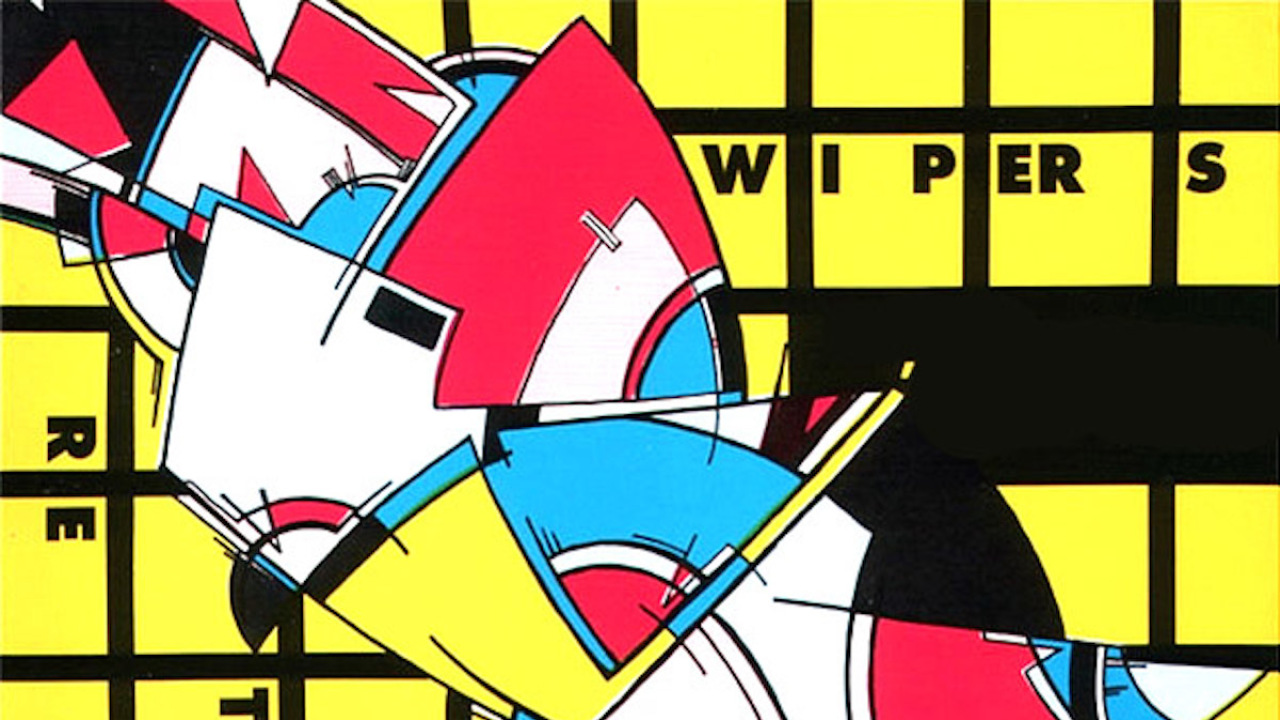Portland’s Wipers never really made a dent in the music scene and maybe that was precisely their intention. When the band first formed in 1977, singer Greg Sage was adamant they were to remain a studio project, dismissing the conventional path of touring and self-promotion in the hope that the mystique would generate wider interest. This somewhat courageous approach didn’t last, and the three-piece spent the last year of the ’70s building their live reputation.
Is This Real? was released on Park Avenue Records in January, 1980. The album didn’t receive much attention in the press and went relatively unnoticed outside the Pacific Northwest. Wipers’ following grew in the Portland area, but elsewhere their existence remained a mystery. They recorded a further eight albums before breaking up in 1999. Is This Real? was a savage debut and 35 years later, it’s considered a classic in the punk rock genre despite being so neglected at the time.
We have Wipers to thank for that heavy sludge sound. Since an early age, Sage developed an obsession for studio machinery – his father worked in the broadcasting industry and there were always recording instruments left around the house. Sage’s fascination for pushing amplifiers to their limit bled into his role as producer and the guitars prove to be far heavier on Is This Real? than on any other rock ’n’ roll record at the time. It’s a surprise you can even hear the other instruments – Sam Henry’s drums seem to fight for space in the mix. Album opener, Return Of The Rat, boasts such an unforgiving guitar sound that you can’t help but consider what those early Black Sabbath records would have been like like, had they stumbled upon that amp tone first.
As well as mastering pulverising power chords is Sage’s possesses the rare ability to write dynamic songs. They are fast and slow, soft then hard – musical nuances that didn’t figure into the punk formula at the time. The chorus to Let’s Go Away is an infectious pop anthem that reminds us of the Ramones at their best, whereas the title track, Is This Real?, is a raw and passionate performance that showcases the depth of Greg Sage’s vocal abilities. Their eclectic range of style contradicted the precautionary nature of their peers. Wipers established itself as an underdog in a world full of safety pins and cheap bleach.
Today Wipers are praised for their innovative take on rock ’n’ roll and it’s not hard to see why. Neighbouring city Seattle can certainly thank the Portland punks for injecting their scene with that depressive rage that undoubtedly kick-started grunge; a song such as Potential Suicide, appeared a decade before the genre even existed. It’s also clear that the slow and dissonant guitar notes on the song D7 influenced Kurt Cobain’s own guitar sound; Nirvana even covered the track for a Wipers tribute album. The same heavy distorted chords that inspired Cobain were taken even further by doom riff-heads the Melvins.
A non-conformist through and through, Greg Sage was your typical avant-garde frontman. It didn’t matter that he had grown up right-handed, he decided that playing guitar left-handed would suit him much better. He was the leader of the band, both as the principle songwriter and as the producer in the studio. Sage still devotes much of his time to building studio equipment and runs Zeno Records, a one-stop shop for all things Wipers.
